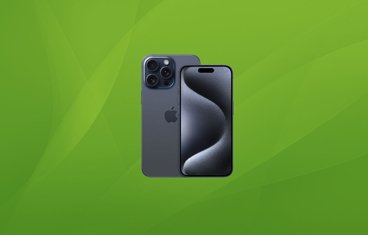Popularity of Apple's iPad helps drive down PC RAM prices
Samsung Electronics on Tuesday warned that weakening PC sales could drive down prices on memory chips even further, according to Reuters. The report noted that there is currently an oversupply of memory in the market as sales of traditional PCs have slowed.
It stated that the sale of devices like the iPad has had a dramatic effect on the price of RAM, as mobile tablets are less reliant on such memory than PCs.
"PC sales are also taking a hit as consumers delay purchases and opt for smaller tablet computers, which use fewer DRAM components than desktops and notebooks," the report said. "The new device is gaining popularity after Apple introduced iPad and vendors such as Samsung, Nokia, LG Electronics and Dell are rushing to get a piece of the emerging market."
As those devices come to market, experts believe that DRAM inventories could become even higher, as people move away from traditional PCs. The report noted that Samsung is considering a plan to spend 30 trillion won next year on chip investment, as a "prelude to DRAM oversupply in the quarters ahead."
In June, Apple Chief Executive Steve Jobs predicted that the iPad and devices like it are part of an "uncomfortable" transition to the post-PC era. The Apple co-founder predicted that devices like tablets will eventually replace the PC as we know it to become the most popular computing option.
Jobs compared the move to mobile devices like the iPad to the U.S. automobile industry, when most vehicles were trucks because they were driven by farmers. He noted that cars became more popular as cities rose, and features like power steering and automatic transmission were added over time.
"PCs are going to be like trucks," Jobs said. He noted that he believes traditional computers will remain, but will eventually represent a smaller number of users.
 Katie Marsal
Katie Marsal










 Mike Wuerthele
Mike Wuerthele

 Malcolm Owen
Malcolm Owen
 Chip Loder
Chip Loder

 William Gallagher
William Gallagher
 Christine McKee
Christine McKee
 Michael Stroup
Michael Stroup






